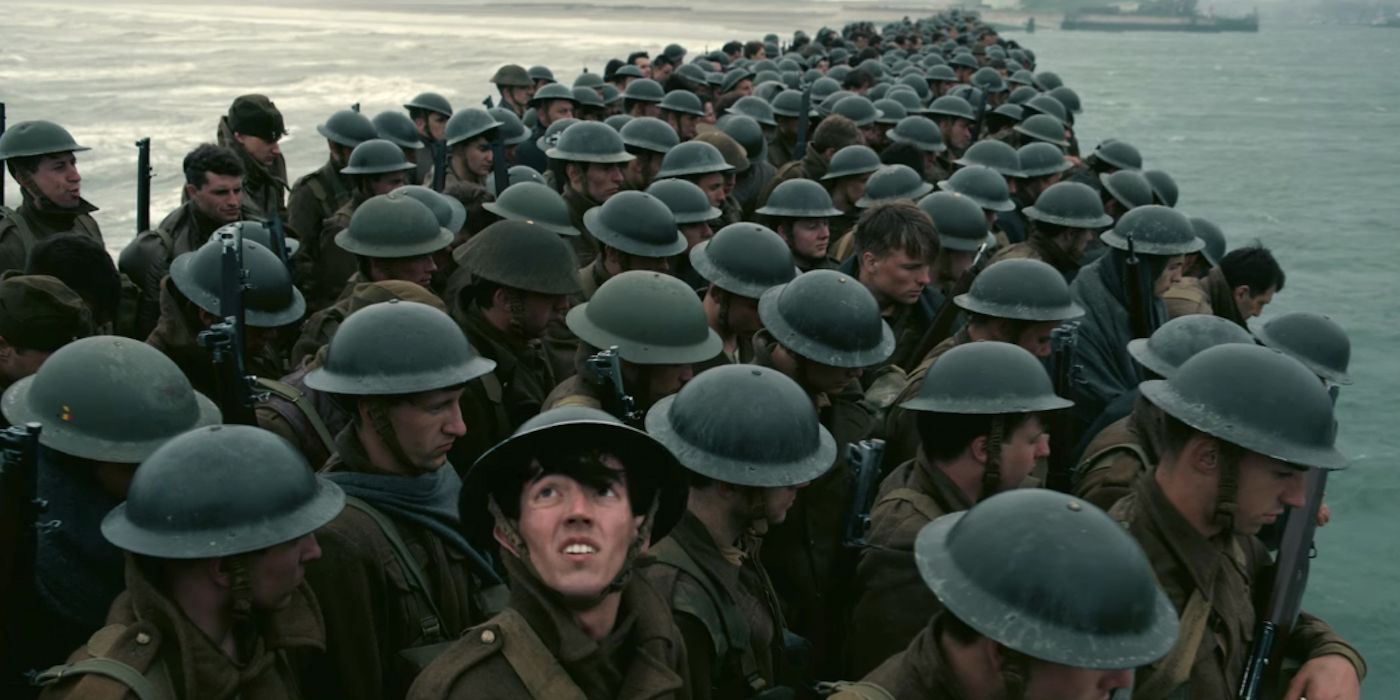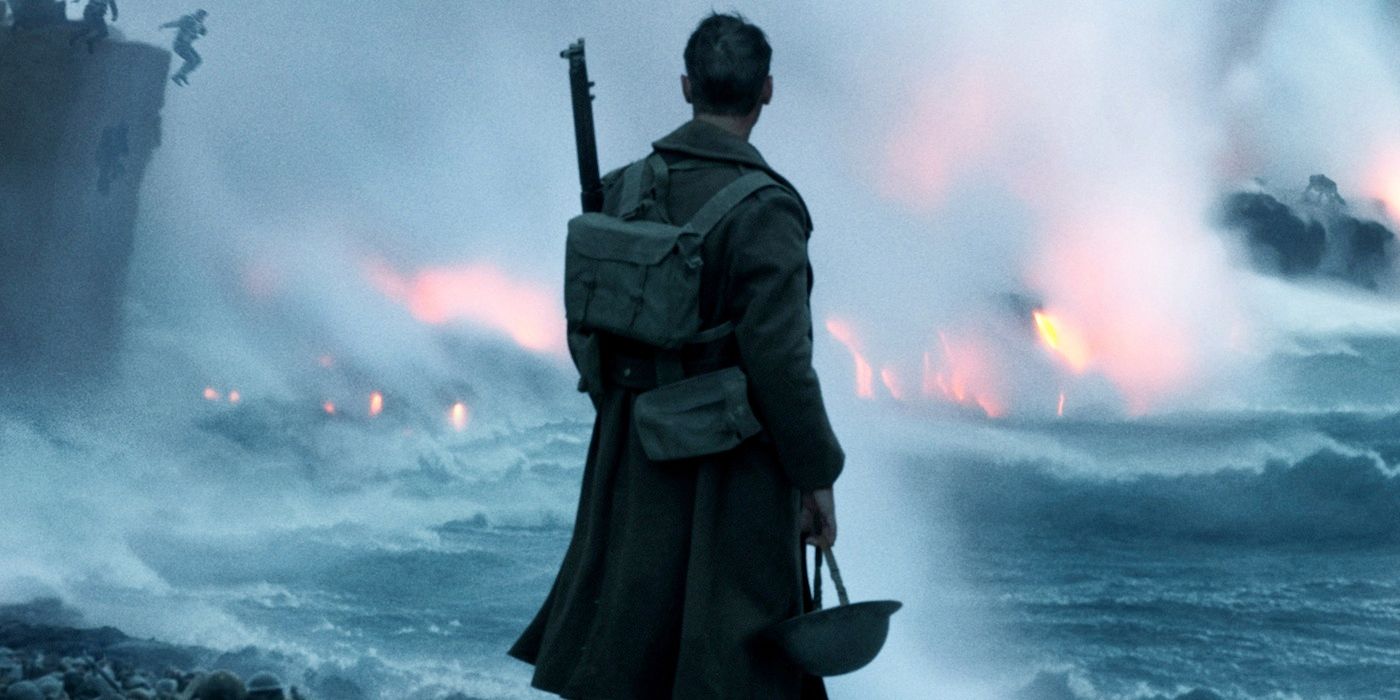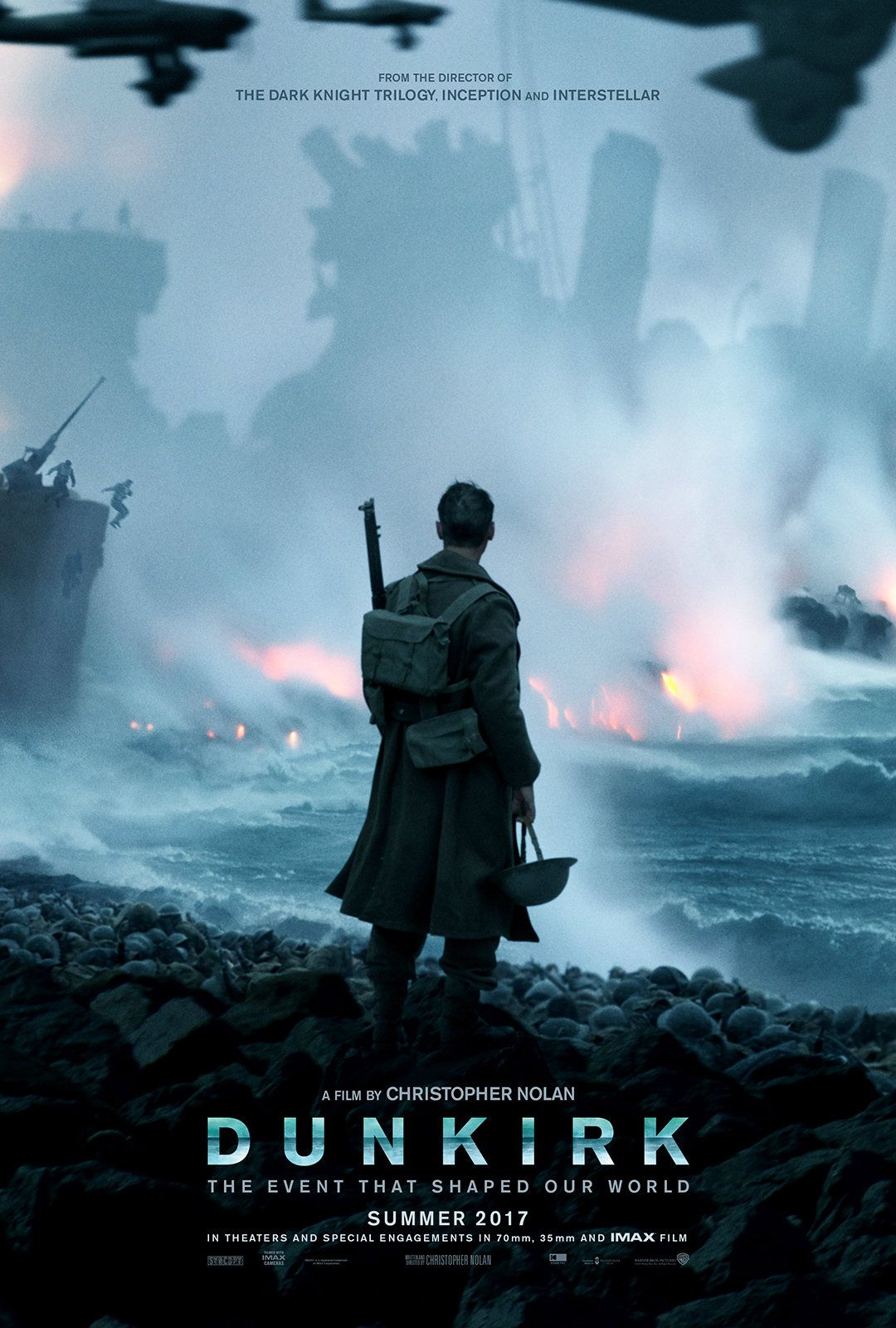As the dust settles on yet another Oscar season, 2017 is already teasing a selection of films that could very well be next year’s big contenders. One of these films is three-time Oscar nominee Christopher Nolan’s Dunkirk. Nolan has had three years of breathing room since 2014’s well-received Interstellar. And while some directors might scale things back after bringing such an epic film to life, Nolan has instead decided to up the ante and take on World War II.
To date everything we’ve seen of Dunkirk - including a 7-minute IMAX screened prologue - indicates that Nolan’s latest is huge on ambition and scope. The film tells the true story of the evacuation of Dunkirk, France by British, Belgian and French soldiers after allied troops were left surrounded by German forces in 1940. In true epic scale, the film is told from three different perspectives - a technique designed to cover the battle’s air, sea and land elements.
In a new interview with Premiere (h/t The Playlist), Christopher Nolan explains the plot structure of Dunkirk, as well as the vital victory that Dunkirk was not just for Great Britain, but the entire war effort. Though Nolan refers to the overall story of Dunkirk as “very simple”, his breakdown of how the story needed to be told is anything but. In true Christopher Nolan style, Dunkirk could provide a tremendous visual experience alongside a plot that takes a new approach to storytelling. Said Nolan:
“The film is told from three points of view. The air (planes), the land (on the beach) and the sea (the evacuation by the navy). For the soldiers embarked in the conflict, the events took place on different temporalities. On land, some stayed one week stuck on the beach. On the water, the events lasted a maximum day; And if you were flying to Dunkirk, the British spitfires would carry an hour of fuel. To mingle these different versions of history, one had to mix the temporal strata. Hence the complicated structure; Even if the story, once again, is very simple.”
Nolan then went on to explain the vital significance of this battle, which in turn helps us form an even better understanding of exactly how tremendous in scale Dunkirk will likely be:
“This is an essential moment in the history of the Second World War. If this evacuation had not been a success, Great Britain would have been obliged to capitulate. And the whole world would have been lost, or would have known a different fate: the Germans would undoubtedly have conquered Europe, the US would not have returned to war. It is a true point of rupture in war and in history of the world. A decisive moment. And the success of the evacuation allowed Churchill to impose the idea of a moral victory, which allowed him to galvanize his troops like civilians and to impose a spirit of resistance while the logic of this sequence should have been that of surrender. Militarily it is a defeat; On the human plane it is a colossal victory.”
Hopefully Nolan’s efforts will amount to something new for the World War II genre – a film that takes on multiple viewpoints as well as huge visual experiences and ties them all seamlessly together. Nolan’s filmmaking is not always for everyone and his work is sometimes criticized as being convoluted and over the top. But if Dunkirk can provide a visual and engaging retelling of one of history’s most important battles, it could certainly end up being one of 2017’s biggest hits – commercially as well as critically.
NEXT: The Real History Behind Dunkirk
Source: Premiere [via The Playlist]



